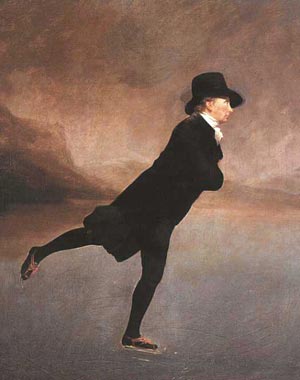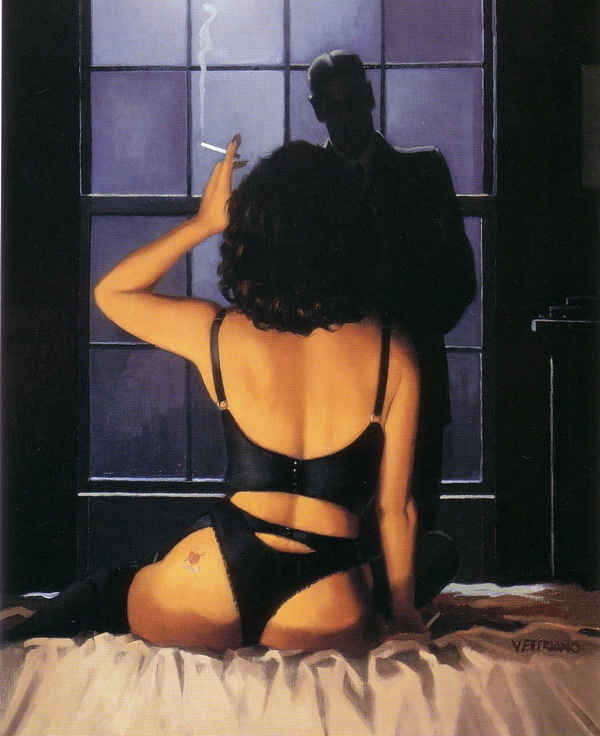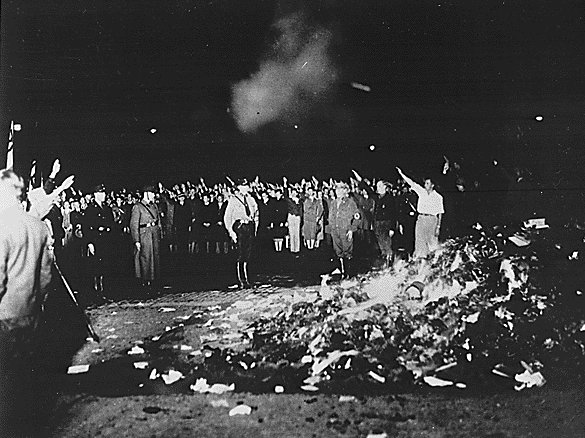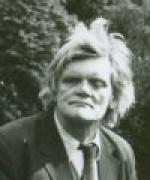I am walking from one building to another while behind me three male students are discussing their appearance at the Halloween Ball tonight.
One says: I am going as a lump of cheese.
The second says: I am going as a Tory.
The third adds: I am going as a Russian billionaire.
I once went to a fancy dress party dressed as the man with the world's worst cold. You want style? You want elegance? I give you style and elegance. C accompanied me as a living jigsaw puzzle. No one attempted to take her apart and put her together again, unless it was me at some later stage.
Going as a piece of cheese could be tricky. So much more difficult than going as a Tory. And yet, I wonder what the identifying marks of the Tory are. The boy could do a Bullingdon, but wouldn't that just be all-purpose Oxbridge posh? He might be taken for Anthony Andrews or Jeremy Irons. Would he wear a Boris Johnson mop? But that would be going as a particular Tory. Russian billionaire? Again it seems easier than cheese, but how would one tell a Russian billionaire from an Estonian or even French one?
But this is exactly why people go to university. To make fine distinctions. Would you sooner go as Brie or Jarlsberg? Could you pass muster as Dolcelatte or Wensleydale? You see? It takes a degree. The staff? Old goat's cheese.
*
Ah, the important issue of Ross and Brand. It will seem to you as though I have been avoiding it. Well (folds his arms, stares straight ahead) one could regard it as a straightforward breach of one or other semi-existent BBC guideline. Or (unfolds arms, examines fingernail) as a lamentable decline in broadcasting manners. Or, alternatively, (scratches his ear) as the vacuous on-air fartings of vacuously rich blaggers. Or (takes out some loose change from his pockets and examines it in a vague, unfocused way) a betrayal of trust in ringing up a person on a private phone, making puerile schoolboy noises then playing the recording of it in public (he brightens up a little and looks briefly interested). Or (suddenly relapses, looks vacuous himself, eyes begin to droop) as a particularly repulsive episode in the snotnosed, shitfaced lives of the younger generation. Or (heads falls forward, sounds of snoring)....



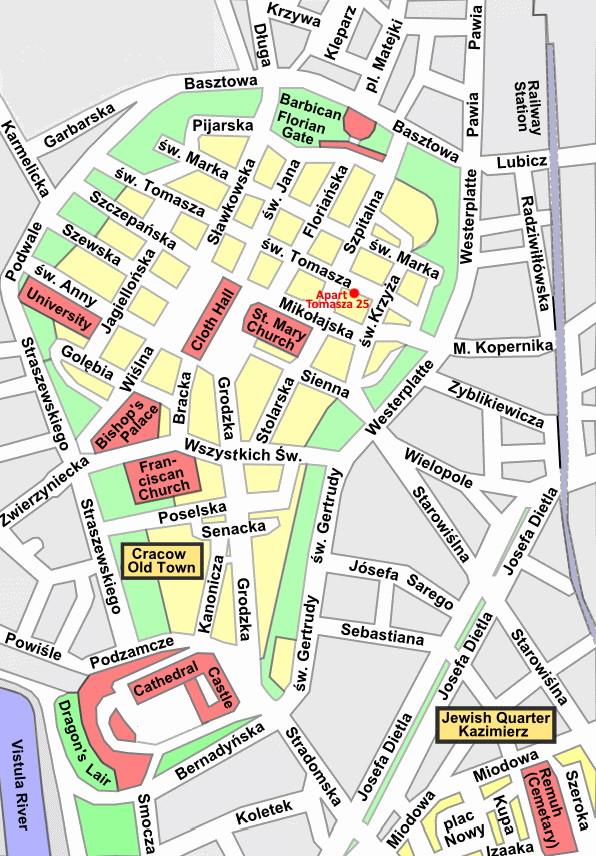 .
.


